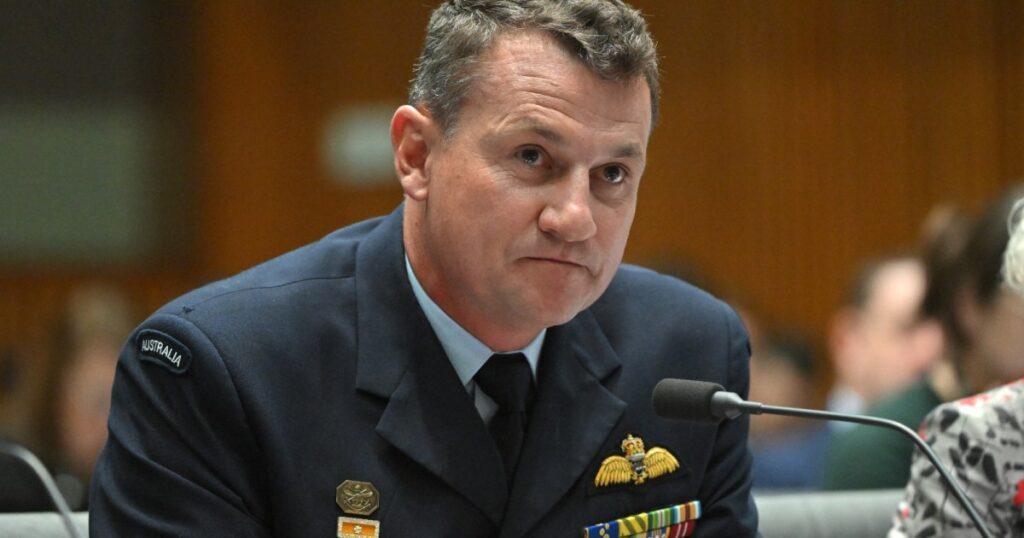The Albanese government’s hand-picked national cybersecurity coordinator, Air Marshall Darren Goldie, has been told to return to Defence over a “workplace matter”, leaving the Department of Home Affairs with both its secretary and cyber chief now sidelined, just as the agency tries to push-up new enabling legislation giving it more power over telecommunications carriers.
In a brief statement issued by the Department of Defence, the agency said “Air Marshal Darren Goldie, AM, CSC, has been recalled to Defence to deal with a workplace matter related to his time in Defence.”
“He is currently on leave. While the matter is under consideration it would be inappropriate to comment further,” Defence said, adding that “the welfare of our people remains our priority and it is requested that Air Marshal Goldie’s privacy is respected at this time.”
Home affairs minister Clare O’Neil said she “has been informed” of Goldie’s recall to Defence, saying that “Cyber and Infrastructure Security Hamish Hansford will act as National Cyber Security Coordinator in the interim.”
The recall has cast a shadow over what is usually one of the key public dates on the national cyber calendar, with the publication of the Australian Signals Directorate annual Threat Report that outlines the national cyber state of affairs.
The appointment of a national cybersecurity coordinator was a major plank in the elevation of cyber affairs to be a key policy and regulatory area within the Home Affairs portfolio, with the agency politically talked up and a specific new ministry created for Clare O’Neil upon Labor winning office.
A key criticism of the previous government by Labor was that it had neglected to give cybersecurity the attention it deserved as a critical national security issue, with supervision and duties messily split between agencies, creating confusion for stakeholders and industry.
Both the home affairs minister and the wider Albanese government have become increasingly more proactive and interventionist in their dealings with industry over cyber matters after multiple ransomware and theft and release attacks on Optus, Medibank and Latitude that badly dented public confidence.
Last week, the government set Goldie onto the nationwide Optus outage to reassure itself of the cyber scenario and assess the severity of the situation amid another national uproar even though Optus had initially ruled out a cyberattack.
It now appears the outage was caused by defective router upgrade software shipped by Optus’ parent company and peering partner SingTel, a development that explains some of the hesitation the company’s local executives and their bosses in fully detailing the cause of the epic flub.
The political and policy reaction to the national outage has been for Home Affairs to seek to take control of more elements of telecommunications regulation under Security of Critical Infrastructure powers that were largely left out of the recent measures because telco resilience was already covered by elements of the Telecommunications Act that is for the most part administered by the Department of Communications.
It is still broadly unclear to the telecommunications industry whether the Telecommunications Act will be pared back by the government to take account of the new Home Affairs powers, but there is a broad expectation in industry the government will seek to centralise, streamline and fortify its powers rather than retaining duplicates.
READ MORE:

